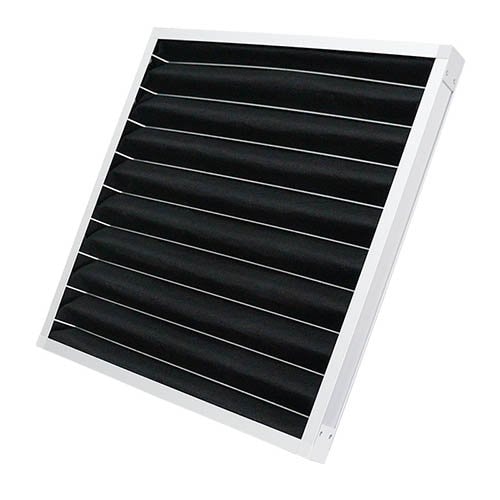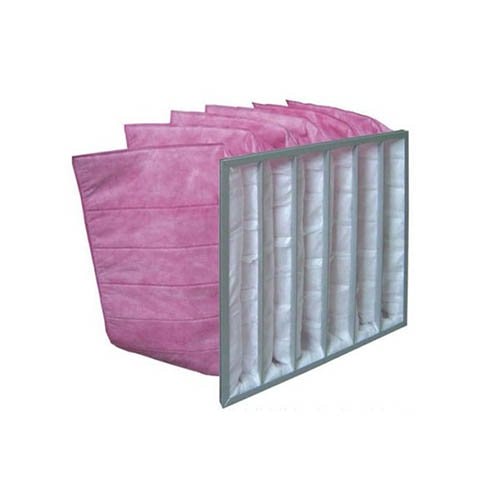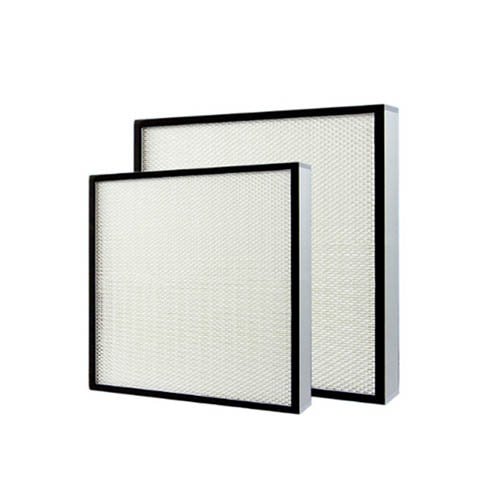Shenzhen Yaxing Environmental Protection Technology Co., Ltd.
- 0755-28935324
- jerry@cnszyaxing.com
Shenzhen Yaxing Environmental Protection Technology Co., Ltd.
Choose air filters according to the functional requirements of different scenarios.
Four aspects of evaluating air filters:
1. Air filtration speed 2. Air filtration efficiency 3. Air filter resistance 4. Air filter dust holding capacity
(1)Choose a filter with a large filtration area.
The larger the filter area of the air filter, the lower the filter speed and the smaller the resistance of the air filter.Under the specific structural conditions of the air filter, it is the rated air volume of the air filter that reflects the filtration speed.Under the same cross-sectional area, it is hoped that the allowable rated air volume is as large as possible, but when the air volume is lower than the rated air volume, the efficiency is improved and the resistance is reduced. At the same time, increasing the filter area is the most effective means to prolong the service life of the air filter. Experience has shown that for filters with the same structure and the same filter material. When the final resistance is determined, the filter area increases by 50%, and the service life of the air filter is extended by 70% to 80%. However, when considering increasing the filter area, the structure and site conditions of the air filter must also be considered.

(2) Reasonably determine the efficiency of air filters at all levels.
When designing an air conditioner, first determine the efficiency of the last-stage air filter according to actual requirements, and then select a protective pre-filter. It is necessary to properly match the efficiency of air filters at all levels, and be good at using and configuring the best filter particle size ranges of the primary and medium-efficiency filters. The selection of the pre-filter should be determined based on comprehensive consideration of factors such as the use environment, spare parts costs, operating energy consumption, and maintenance costs. The minimum counting efficiency of air filters of different efficiency levels for dust particles of different sizes, it usually refers to the efficiency of new air filters without static electricity. At the same time, the configuration of the comfort air conditioning filter should be different from that of the purification air conditioning system, and different requirements should be put forward for the installation and leakage prevention of the air filter.

(3) Air filter resistance
The resistance of the air filter is mainly composed of the resistance of the filter material and the structural resistance of the air filter. The dust accumulation resistance of the air filter increases. When the resistance increases to a certain value, the air filter is scrapped. The final resistance is directly related to the service life of the air filter, the variation range of the system air volume, and the system energy consumption. Low-efficiency air filters often use coarse fiber filter materials with a diameter greater than 10/.,tm, and the gaps between fibers are large. Excessive resistance may blow away the dust on the air filter, causing secondary pollution. The resistance no longer increases and the filtration efficiency is zero. Therefore, the final resistance value of the filter below G4 should be strictly limited.

(4) Dust holding capacity of the air filter
The dust holding capacity of the air filter is an indicator directly related to the service life. During the dust accumulation process of the air filter, the air filter with low efficiency is more likely to show the characteristic that the efficiency first increases and then decreases. General Comfort Most of the air filters used in central air conditioning systems are disposable and they cannot be cleaned at all or are not economically worth cleaning
Choose air filters according to the functional requirements of different scenarios.